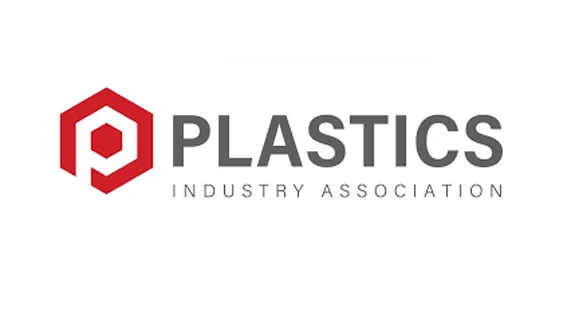The Vital Importance of Plastic To the U.S. Economy
September 12, 2023
The U.S. Plastics Industry employs over a million Americans, is one of the largest continually growing sectors despite a less than robust economy and produces vital products through investment in innovations for about every major industry.

The U.S. Plastics Industry employs over a million Americans, is one of the largest continually growing sectors despite a less than robust economy and produces vital products through investment in innovations for about every major industry.
Given this perspective, if you believe the claims made by anti-plastics activists about this essential material and industry, the statistics might come as a surprise. Opponents of the plastics industry would have you think that eliminating plastics production is a realistic goal with no detrimental impact on our economy, even suggesting it would ‘promote conservation,’ which couldn’t be further from the truth.
The plastics industry is deeply engrained in our economy for valid reasons. Essential plastic materials provide cost accessibility to manufacturers and consumers and can be used in a wide range of applications. Whether that’s keeping food fresh, protecting health care workers and patients, making cars safer and more sustainable, or helping first responders during natural disasters, this industry emerged from innovation based on society’s demand and has consequently improved our lives and well-being every single day.
Additionally, plastic is the best environmental choice in all applications. While plastic has in some cases become a negative target, in reality, plastic materials can be recycled and reused extensively. Thanks to the practicality of plastic, it consistently emerges as the most efficient and cost-effective option given its minimal energy and resource requirements during manufacturing, lower transportation costs, and reduced energy demand to recycle than other materials.
Here’s the data on three essential ways the plastics industry vitally impacts the U.S. economy:
- The U.S. plastics industry not only provides substantial income for a significant number of Americans but also continues to create jobs. The U.S. plastics industry sustains employment for over one million individuals, encompassing diverse skills and backgrounds, from factory workers to corporate executives. When suppliers of the plastics industry are considered, this number increases to over 1.59 million jobs. These industries include those that supply fuel, spare parts, and transportation services. Remarkably, every two jobs created by the plastics industry supports another job elsewhere in the economy.
- The U.S. plastics industry continues to grow. Over the last 10 years, employment, real shipments and real value added fared better than manufacturing as a whole. Between 2012 and 2022 employment in plastics manufacturing grew 1.3% per year while manufacturing as a whole grew only 0.7% per year during that same period. Real plastics manufacturing shipments grew at a 0.4% annual rate from 2012 to 2022, while real value added grew 3.0% annually despite the pandemic recession. Currently, the plastics industry is the 7th largest manufacturing industry in the U.S.
- Capital expenditures have surged in the plastics industry. These include spending on nonresidential structures, such as factories or warehouses, equipment, and intellectual property. Between 2010 and 2022, capital expenditures in the industry soared by 7%, reaching a staggering $15 billion in the past year. Additionally, and importantly, as a continuously innovating industry, this includes research and development spending that enables the industry to create new sustainable manufacturing processes and products.
This data does not paint a picture of an industry that’s going away. Rather, it unequivocally underscores the enduring strength of the industry. Any potential threat to the plastics industry would have severe repercussions for our country’s economy, potentially contributing to collapse. The industry’s growth hinges on our ability to produce sustainable materials and products, which is why the plastics supply chain is committed to tirelessly enhancing recyclability and investing billions into recycling technologies. It is a collective responsibility for all to increase recycling efforts, and the plastics industry recognizes that this is imperative. Sustaining plastics production in the U.S. is not just beneficial; it is crucial.
Eliminating plastic manufacturing in the U.S. could result in increased reliance on imports from countries with more greenhouse gas-intensive manufacturing practices, thereby making our supply chains more vulnerable to global market fluctuations and harming our environment. The production of plastic in the U.S. is as indispensable as the material itself, and any proposal to eliminate it places our economy’s well-being and the livelihoods of the millions of Americans employed by the plastics industry at risk.
Get an instant offer on your damaged car

Get an offer instantly
Just tell us a bit about your car and boom, there's your offer.

Free pickup
You have seven days to accept our offer and schedule pickup.

Get paid on the spot
Our pickup partner will do a quick inspection, and hand you a check.